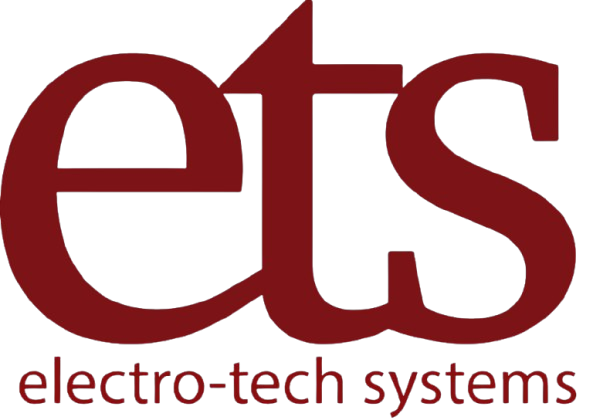Molecular Sieve Desiccants: Ensuring Reliable Material and Product Testing
In the realm of material and product testing, maintaining precise environmental conditions is paramount. Moisture can significantly impact the accuracy and reliability of test results, leading to potential failures or inaccuracies. To mitigate this risk, industries turn to molecular sieve desiccants—advanced materials designed to control humidity levels effectively.
What Are Molecular Sieve Desiccants?
Molecular sieve desiccants are synthetic, porous materials with uniform pore sizes. Unlike traditional desiccants such as silica gel or activated alumina, molecular sieves offer a highly selective adsorption process, allowing them to trap specific molecules based on their size and polarity.
These desiccants are particularly effective in environments requiring stringent moisture control. Their crystalline structure provides a vast internal surface area, enhancing their moisture-absorbing capacity. This makes them ideal for applications where low humidity levels are critical.
The Importance of Moisture Control in Testing
In various industries, including pharmaceuticals, electronics, and materials science, testing under controlled humidity conditions is essential. Excess moisture can lead to:
- Chemical Reactions: Unintended reactions can occur, altering the properties of materials.
- Corrosion: Metals and alloys may corrode, compromising structural integrity.
- Degradation: Polymers and other materials can degrade, affecting performance.
- Measurement Errors: Instruments may give false readings due to moisture interference.
Therefore, maintaining a stable, low-humidity environment is crucial for obtaining accurate and reproducible test results.
How Molecular Sieves Enhance Testing Environments
Molecular sieve desiccants contribute to reliable material and product testing in several ways:
1. Precise Humidity Control
Molecular sieves can adsorb moisture even at low relative humidity levels, ensuring that testing environments maintain the required conditions.
2. Stability Across Temperature Variations
These desiccants do not release absorbed moisture when temperatures rise, unlike some traditional desiccants. This stability is vital in environments subject to temperature fluctuations.
3. Longevity and Reusability
Molecular sieves can be regenerated through heating, allowing them to be reused multiple times without significant loss of efficiency.
4. Compatibility with Sensitive Equipment
Their moisture-absorbing properties help protect sensitive testing equipment from corrosion and other moisture-related damage.
Applications in Various Industries
- Pharmaceuticals: Ensuring the stability of active ingredients and maintaining the efficacy of medications.
- Electronics: Protecting components from moisture-induced failures during testing.
- Materials Science: Studying the properties of materials under controlled humidity conditions.
- Food and Beverages: Testing packaging materials to prevent moisture-related spoilage.
Choosing the Right Molecular Sieve Desiccant
When selecting a molecular sieve desiccant, consider factors such as pore size, adsorption capacity, and regeneration capabilities. For instance, Electro-Tech Systems offers a Renewable Molecular Sieve Desiccant refill, providing efficient moisture control for various applications.
Conclusion
Molecular sieve desiccants play a pivotal role in ensuring reliable material and product testing. Their ability to maintain precise humidity levels, coupled with their stability and reusability, makes them indispensable in environments where moisture control is critical. By incorporating these advanced desiccants, industries can enhance the accuracy and reliability of their testing processes, leading to better product quality and performance.

